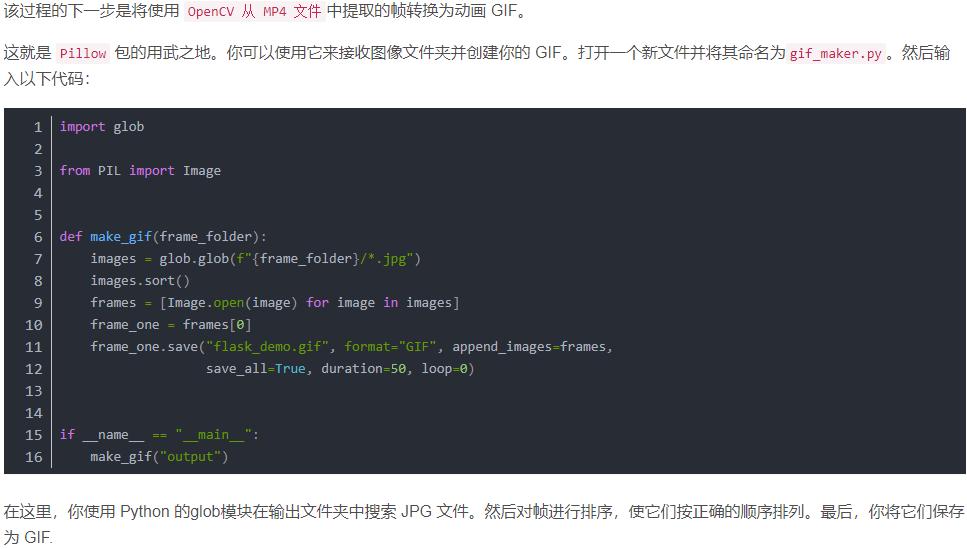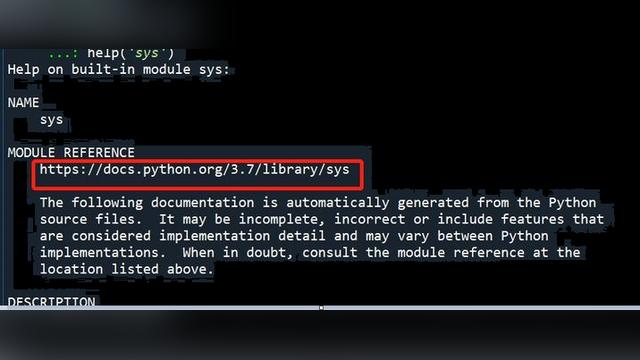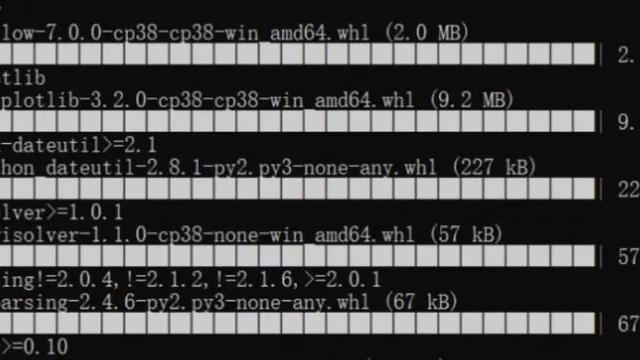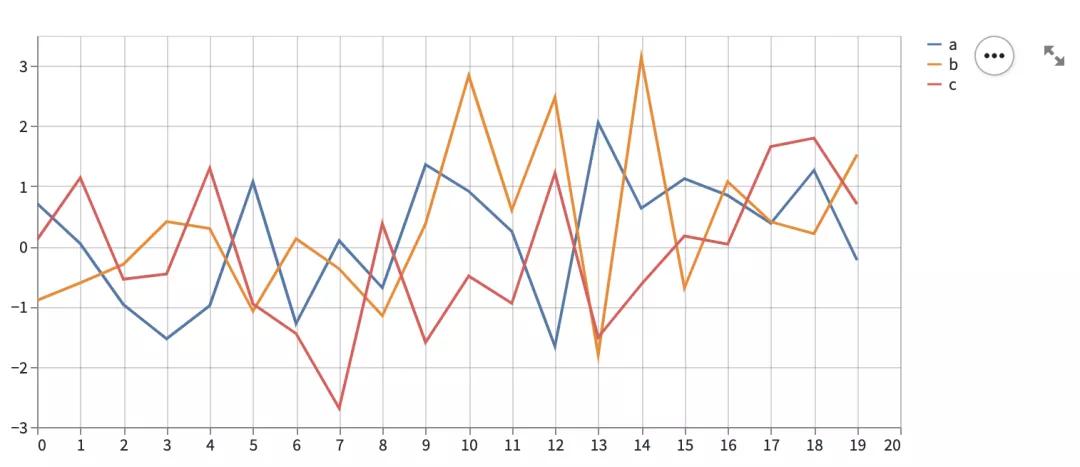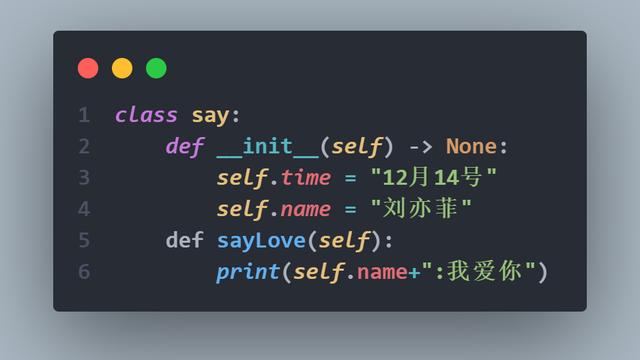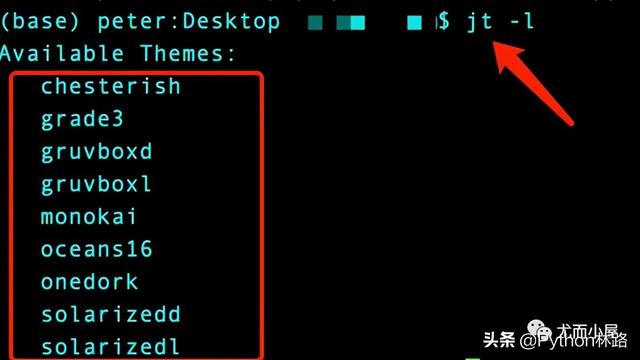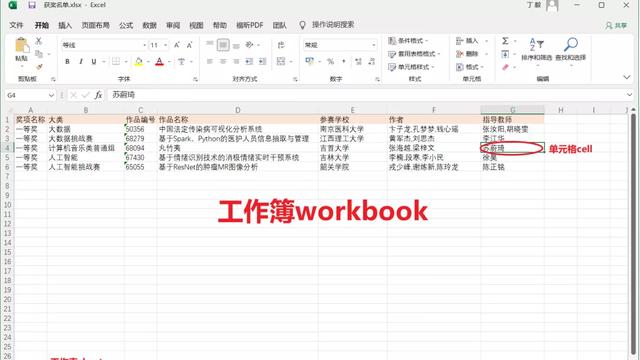Python线上环境如何优雅地使用日志?

瞎比比
这篇文章其实早在一个月之前就写好了。奈何,加班猛如虎,真的怕了。直至今天才幸运地有了个双休,赶紧排版一下文章发布了。以下为正文。
源码地址:
https://github.com/zonezoen/blog/tree/master/Python/logging_model
在初学 Python 的时候,我们使用
print("hello world")
输出了我们的第一行代码。在之后的日子里,便一直使用 print 进行调试(当然,还有 IDE 的 debug 模式)。但是,当你在线上运行 Python 脚本的时候,你并不可能一直守着你的运行终端。可是如果不守着的话,每当出现 bug ,错误又无从查起。这个时候,你需要对你的调试工具进行更新换代了,这里我推荐一个优雅的调试工具 logging。
与 print 相比 logging 有什么优势?
那既然我推荐这个工具,它凭什么要被推荐呢?且来看看它有什么优势:
- 可以输出到多处,例如:在输出到控制台的同时,可以保存日志到日志文件里面,或者保存到其他远程服务器
- 可以设置日志等级,DEBUG、INFO、ERROR等,在不同的环境(调试环境、线上环境)使用不同的等级来过滤日志,使用起来很方便
- 配置灵活,可保存到配置文件,格式化输出
基础用法
下面涉及到的代码我都省略了导包部分,详见源码(后台回复 logging 获取源码)
base_usage.py
logging.basicConfig(level=log_level, format='%(asctime)s - %(name)s - %(levelname)s - %(message)s')
logger = logging.getLogger(__name__)
logger.info("Log level info")
logger.debug("Log level debug")
logger.warning("Log level warning")
# 捕获异常,并打印出出错行数
try:
raise Exception("my exception")
except (SystemExit, KeyboardInterrupt):
raise
except Exception:
logger.error("there is an error =>", exc_info=True)
level 为日志等级,分为:
FATAL:致命错误 CRITICAL:特别糟糕的事情,如内存耗尽、磁盘空间为空,一般很少使用 ERROR:发生错误时,如IO操作失败或者连接问题 WARNING:发生很重要的事件,但是并不是错误时,如用户登录密码错误 INFO:处理请求或者状态变化等日常事务 DEBUG:调试过程中使用DEBUG等级,如算法中每个循环的中间状态
foamat 可以格式化输出,其参数有如下:
%(levelno)s:打印日志级别的数值 %(levelname)s:打印日志级别的名称 %(pathname)s:打印当前执行程序的路径,其实就是sys.argv[0] %(filename)s:打印当前执行程序名 %(funcName)s:打印日志的当前函数 %(lineno)d:打印日志的当前行号 %(asctime)s:打印日志的时间 %(thread)d:打印线程ID %(threadName)s:打印线程名称 %(process)d:打印进程ID %(message)s:打印日志信息
捕获异常,以下两行代码都具有相同的作用
logger.exception(msg,_args) logger.error(msg,exc_info = True,_args)
保存到文件,并输出到命令行
这个用法直接 copy 使用就行
import logging
# 写入文件
import logging
logger = logging.getLogger(__name__)
logger.setLevel(level=logging.INFO)
handler = logging.FileHandler("info.log")
handler.setLevel(logging.INFO)
formatter = logging.Formatter('%(asctime)s - %(name)s - %(levelname)s - %(message)s')
handler.setFormatter(formatter)
logger.addHandler(handler)
logger.info("Log level info")
logger.debug("Log level debug")
logger.warning("Log level warning")
# 写入文件,同时输出到屏幕
import logging
logger = logging.getLogger(__name__)
logger.setLevel(level = logging.INFO)
handler = logging.FileHandler("info.log")
handler.setLevel(logging.INFO)
formatter = logging.Formatter('%(asctime)s - %(name)s - %(levelname)s - %(message)s')
handler.setFormatter(formatter)
console = logging.StreamHandler()
console.setLevel(logging.INFO)
logger.addHandler(handler)
logger.addHandler(console)
logger.info("Log level info")
logger.debug("Log level debug")
logger.warning("Log level warning")

多模块使用 logging
被调用者的日志格式会与调用者的日志格式一样
main.py
# -*- coding: utf-8 -*- __auth__ = 'zone' __date__ = '2019/6/17 下午11:46' ''' 公众号:zone7 小程序:编程面试题库 ''' import os import logging from python.logging_model.code import sub_of_main logger = logging.getLogger("zone7Model") logger.setLevel(level=logging.INFO) handler = logging.FileHandler("log.txt") handler.setLevel(logging.INFO) formatter = logging.Formatter('%(asctime)s - %(name)s - %(levelname)s - %(message)s') handler.setFormatter(formatter) console = logging.StreamHandler() console.setLevel(logging.INFO) console.setFormatter(formatter) logger.addHandler(handler) logger.addHandler(console) sub = sub_of_main.SubOfMain() logger.info("main module log") sub.print_some_log()
sub_of_main.py
# -*- coding: utf-8 -*-
__auth__ = 'zone'
__date__ = '2019/6/17 下午11:47'
'''
公众号:zone7
小程序:编程面试题库
'''
import logging
module_logger = logging.getLogger("zone7Model.sub.module")
class SubOfMain(object):
def __init__(self):
self.logger = logging.getLogger("zone7Model.sub.module")
self.logger.info("init sub class")
def print_some_log(self):
self.logger.info("sub class log is printed")
def som_function():
module_logger.info("call function some_function")
使用配置文件配置 logging
这里分别给出了两种配置文件的使用案例,都分别使用了三种输出,输出到命令行、输出到文件、将错误信息独立输出到一个文件
log_cfg.json
{
"version":1,
"disable_existing_loggers":false,
"formatters":{
"simple":{
"format":"%(asctime)s - %(name)s - %(levelname)s - %(message)s"
}
},
"handlers":{
"console":{
"class":"logging.StreamHandler",
"level":"DEBUG",
"formatter":"simple",
"stream":"ext://sys.stdout"
},
"info_file_handler":{
"class":"logging.handlers.RotatingFileHandler",
"level":"INFO",
"formatter":"simple",
"filename":"info.log",
"maxBytes":10485760,
"backupCount":20,
"encoding":"utf8"
},
"error_file_handler":{
"class":"logging.handlers.RotatingFileHandler",
"level":"ERROR",
"formatter":"simple",
"filename":"errors.log",
"maxBytes":10485760,
"backupCount":20,
"encoding":"utf8"
}
},
"loggers":{
"my_module":{
"level":"ERROR",
"handlers":["info_file_handler2"],
"propagate":"no"
}
},
"root":{
"level":"INFO",
"handlers":["console","info_file_handler","error_file_handler"]
}
}
通过 json 文件读取配置:
import json
import logging.config
import os
def set_log_cfg(default_path="log_cfg.json", default_level=logging.INFO, env_key="LOG_CFG"):
path = default_path
value = os.getenv(env_key, None)
if value:
path = value
if os.path.exists(path):
with open(path, "r") as f:
config = json.load(f)
logging.config.dictConfig(config)
else:
logging.basicConfig(level=default_level)
def record_some_thing():
logging.info("Log level info")
logging.debug("Log level debug")
logging.warning("Log level warning")
if __name__ == "__main__":
set_log_cfg(default_path="log_cfg.json")
record_some_thing()
log_cfg.yaml
version: 1 disable_existing_loggers: False formatters: simple: format: "%(asctime)s - %(name)s - %(levelname)s - %(message)s" handlers: console: class: logging.StreamHandler level: DEBUG formatter: simple stream: ext://sys.stdout info_file_handler: class: logging.handlers.RotatingFileHandler level: INFO formatter: simple filename: info.log maxBytes: 10485760 backupCount: 20 encoding: utf8 error_file_handler: class: logging.handlers.RotatingFileHandler level: ERROR formatter: simple filename: errors.log maxBytes: 10485760 backupCount: 20 encoding: utf8 loggers: my_module: level: ERROR handlers: [info_file_handler] propagate: no root: level: INFO handlers: [console,info_file_handler,error_file_handler]
通过 yaml 文件读取配置:
import yaml
import logging.config
import os
def set_log_cfg(default_path="log_cfg.yaml", default_level=logging.INFO, env_key="LOG_CFG"):
path = default_path
value = os.getenv(env_key, None)
if value:
path = value
if os.path.exists(path):
with open(path, "r") as f:
config = yaml.load(f)
logging.config.dictConfig(config)
else:
logging.basicConfig(level=default_level)
def record_some_thing():
logging.info("Log level info")
logging.debug("Log level debug")
logging.warning("Log level warning")
if __name__ == "__main__":
set_log_cfg(default_path="log_cfg.yaml")
record_some_thing()

